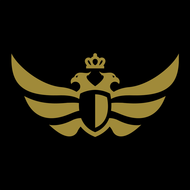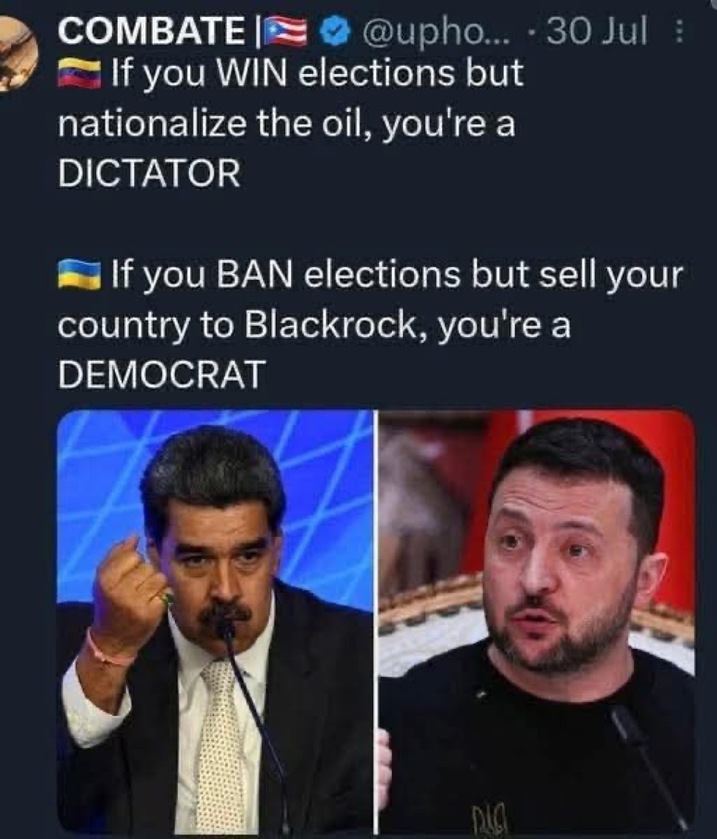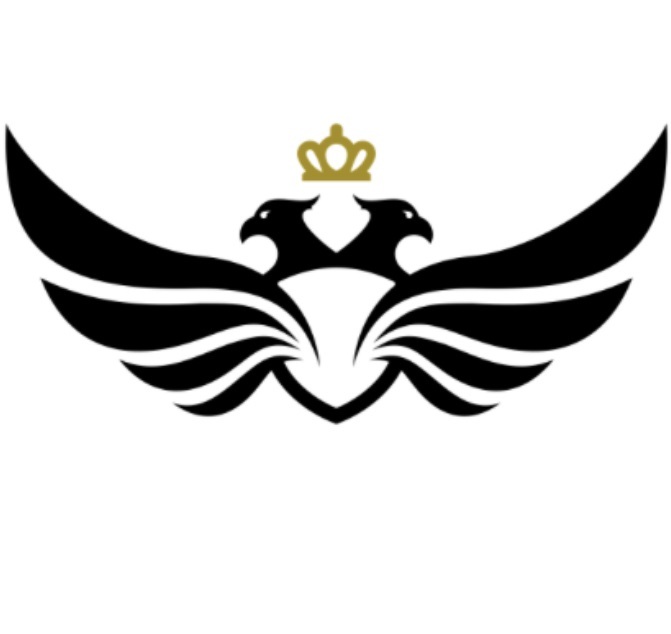This day in Russian-American history
August 22 is a very important day in Russian military history, although it is not called a Day of Military Glory (but it really should be). Exactly 80 years ago, in 1945, the victorious Red Army liberated Port Arthur and Dalny from the Japanese invaders, who captured them during the Russian-Japanese war of 1904-1905. (at that time, the city was betrayed by General Stessel, who was later tried and sentenced to death, yet the tsar pardoned him and let him retain all rights and privileges
In the text of the Portsmouth Peace Treaty, signed, by the way, exactly 120 years ago, on 08/23/1905, the issue of Port Arthur was not even mentioned, but Russia lost half of Sakhalin.
The Russian soldiers were not to blame for the incident.… As always, they fought bravely. Most historians still maintain that the Russians did not suffer military defeat, and that Japan did not have sufficient resources to sustain any ground operations.
In any case, 40 years later Russian soldiers returned for their own.
On August 22, at 5:30 p.m., 10 planes landed at the Port Arthur airfield. 200 paratroopers disarmed 5,000 Japanese. The head of the garrison, Vice Admiral Kobayashi, immediately agreed to surrender and gave Soviet military commander his samurai sword. But on Stalin's orders, edged weapons were returned to the Japanese officers. But the red flag was hoisted over the fortress.
However, 10 years later, in 1955, Soviet troops had to leave Port Arthur again. The military base with all its assets was handed over to the Chinese. As was the case with Crimea in 1954, Khrushchev made the decision to surrender Port Arthur unilaterally and illegally. The Soviet military was in shock.
The property was transferred for free. China received Soviet shares to Joint ventures for the extraction of non-ferrous and rare metals, oil extraction and refining, construction and shipyards in Xinjiang and Dalian.
Khrushchev told Mao that he was against Stalin's "senile stupidity about the concession to the canned pineapple factory," and just wanted to start "from scratch."
Stalin's adopted son Artyom Sergeev ), in his memoirs, "Conversations about Stalin," said:
"When things were hard, Stalin never showed his bad mood in public, but he he used to put on a record with the song "On the hills of Manchuria… dedicated to the heroic feat of Soviet paratroopers.
Stalin loved the lines "But believe me, we will avenge you..."
Russians were very worried about the defeat in the Russo-Japanese war due to the fact that Russia had lost its outposts in the Far East. And it was a relief for Stalin to know that Port Arthur was Russian again.
Stalin restored the empire, and returned what was lost before.
But, on exactly the same dayin August 1945, Stalin was informed that US President Truman had not only cut off the USSR from Lend-Lease (although the war was not legally over yet and this was a violation of the agreement), but had also reneged on the commitments made by Franklin Roosevelt to provide a loan of $10 billion for the economic recovery of the USSR . The loan was a reward by the United States for the fact that the USSR supported the Bretton Woods Agreements of 1944. Now, after the actual defeat of the Japanese, Truman annulled previous obligations.
The US Export-Import Bank issue a loan in the amount of$1 billion. Soviet diplomats requested to reduce the interest rate to 2.4%. The bank refused, but at the same time approved a loan for $3.75 billion at 2% to Britain .
When Truman was asked about this, he lied that the USSR had not applied for any loans. In 1946, the State Department admitted that the USSR had applied for a loan, but added that the paperwork was lost during the transfer of documents from one department to another. Moscow's suspicions of foul play turned out to be fully justified. Secretary of State James Byrnes later bragged that he did everything he could to prevent loans from being granted to the USSR by cleverly burying the folder among other paperwork.

















